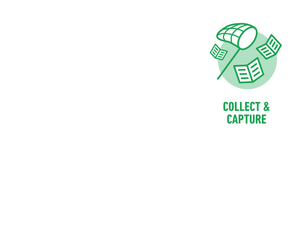Services
UniIT
At the University of Graz the open source application eLabFTW is supported. The online software can be used by all university staff and offers many options for organizing and documenting research processes, e.g.:
- lab book
- database
- various timestamp methods
- elaborate user management
Further links:
- eLabFW at the University of Graz
- Help pages for eLabFTW
- eLabFTW (Herstellerseite)
Contact: Alexander Bardel (Sys-Admin)

Help and training
The open source tool eLabFTW can not only be used for documenting experimental procedures, but also offers the possibility for project and lab management. Furthermore, it is possible to use the software for teaching and to cooperate with external persons.
Concerning electronic lab books, there are always discussions whether it is worthwhile to roll out a software product at a research center or keep paper notebooks. In the relevant literature, this question is answered positively throughout with arguments ranging from for the promotion of Open Science, reproducibility of results, to the improvement of quality management. There are also positive references to legal aspects as well as standard-compliant documentation, in addition to the organizational effect on the workflow in the laboratory. Note that the respective work context always plays a decisive role.
Literature, Resources:
- Drake, David J. (2007): "ELN implementation challenges", in: Drug Discovery Today 12 (15): 647–649. 10.1016/j.drudis.2007.06.010. (Zotero)
- Hewera, Michael / Hänggi, Daniel / Gerlach, Björn / Kahlert, Ulf Dietrich (2021): eLabFTW as an Open Science tool to improve the quality and translation of preclinical research. 10.12688/f1000research.52157.3. (Zotero)
- Kihlén, Mats (2005): "Electronic lab notebooks – do they work in reality?", in: Drug Discovery Today 10 (18): 1205–1207. 10.1016/S1359-6446(05)03576-2. (Zotero)
- ZB MED-Informationszentrum Lebenswissenschaften / Adam, Beatrix / Lindstädt, Birte (2020): "ELN-WegweiserElektronische Laborbücher im Kontext von Forschungsdatenmanagement und guter wissenschaftlicher Praxis - ein Wegweiser für die Lebenswissenschaften", 10.4126/FRL01-006422868. (Zotero)
